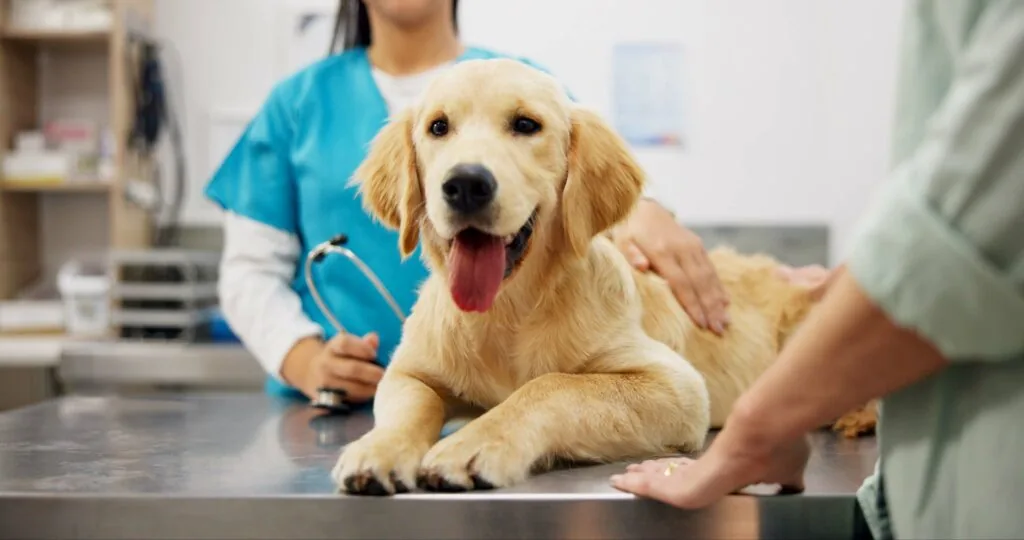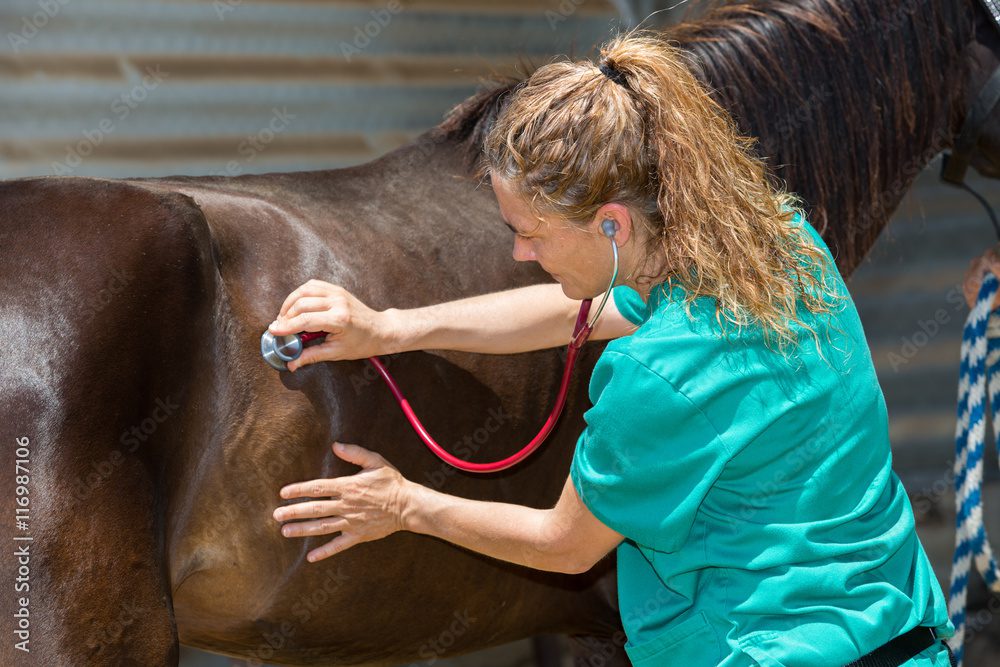Can Dogs Eat Sweet Potatoes?
When it comes to your dog’s diet, you’re likely always looking for nutritious and safe options to enhance their meals. Sometimes gatherings or holiday celebrations can tempt us to derail our pet’s diet when we have so much delicious food to share. You might notice your curious canine investigating the abundance of human food and wonder, can dogs eat sweet potatoes? The short answer is yes, but as with all things, moderation and preparation are key. Let’s dive into the details of why sweet potatoes can be a beneficial addition to your dog’s diet and how to safely incorporate them into their meals.

The Nutritional Benefits of Sweet Potatoes for Dogs
Sweet potatoes are a nutrient-rich treat that are high in dietary fiber, which supports healthy digestion, and packed with vitamins A, C, and B6 to boost your dog’s immune system and vision. Antioxidants in sweet potatoes help reduce inflammation and protect cells, while natural sugars provide energy, especially for active dogs. However, they should be fed in moderation to avoid digestive issues and weight gain.
How to Safely Prepare Sweet Potatoes for Dogs
Raw sweet potatoes can be difficult for dogs to digest and may cause blockages in the digestive tract. Therefore, it’s always best to cook sweet potatoes before feeding them to your dog.
Cooking Methods
There are several safe ways to prepare sweet potatoes for your dog:
- Boiling: Simply peel the potatoes, cut them into small pieces, and boil them until they are soft. Once cooled, you can mash them or serve the pieces as is.
- Baking: Baking sweet potatoes brings out their natural sweetness. Bake them whole in the oven, then let them cool. Once baked, the skin can be easily removed, and the flesh can be mashed or cut into bite-sized pieces.
- Steaming: Steaming is another excellent option, as it preserves more of the vitamins and minerals. After steaming, ensure the sweet potatoes are soft before offering them to your dog.
No matter which method you choose, avoid adding any seasoning, butter, or oil. Dogs do not need the added fat or sodium, which can be harmful to their health.
Serving Size and Frequency
A good rule of thumb is to serve sweet potatoes as an occasional treat rather than a staple in their diet. For a small dog, a tablespoon of cooked sweet potato is sufficient, while larger dogs can have a quarter to half a cup. Monitor how your dog reacts after eating sweet potatoes. If they experience any digestive upset, such as diarrhea or constipation, it may be best to reduce the serving size or consult with your veterinarian before continuing.
What Are the Potential Risks of Feeding Sweet Potatoes to Dogs?
Although sweet potatoes are generally safe for dogs, there are some potential risks to be aware of.
Overload of Carbohydrates
While carbohydrates provide energy, too many can lead to obesity and blood sugar spikes, particularly in dogs prone to diabetes. Sweet potatoes should not replace their regular dog food but rather serve as a supplement. A diet that is too high in carbohydrates and low in protein and fat can lead to imbalances and health issues over time.
Allergies and Sensitivities
Dogs can develop allergies or sensitivities to certain foods. Although rare, some dogs may be allergic to sweet potatoes. Symptoms of an allergic reaction may include itching, hives, swelling, or gastrointestinal issues. If you notice any of these signs after feeding your dog sweet potatoes, discontinue use immediately and consult your veterinarian.
Digestive Issues
Another concern is the potential for digestive issues if sweet potatoes are not prepared properly. Raw sweet potatoes are difficult for dogs to digest and may cause blockages, particularly if large pieces are consumed. Always ensure that the sweet potatoes are thoroughly cooked and cut into small, manageable pieces.
Alternatives to Sweet Potatoes in Your Dog’s Diet
If you’re considering incorporating more vegetables into your dog’s diet but are unsure about sweet potatoes, there are several alternatives that offer similar nutritional benefits.
- Pumpkin, for instance, is another root vegetable that is rich in fiber and vitamins. It can help with digestion and is often recommended for dogs with sensitive stomachs.
- Carrots are low in calories, high in fiber, and provide a good source of vitamin A. They can be served raw, cooked, or even frozen for a crunchy treat.
- Green beans are also a popular choice among pet owners. They are low in calories, high in vitamins, and can be easily added to your dog’s meals.
When introducing any new food into your dog’s diet, it’s always a good idea to start with small portions and monitor their response. Every dog is different, and what works for one may not work for another.
When to Contact Southcentral Veterinary Services
Although sweet potatoes can be a healthy addition to your dog’s diet, it’s always best to consult with your veterinarian before making any significant changes. Your vet can provide personalized advice based on your dog’s specific health needs and dietary requirements. If you’re unsure whether sweet potatoes are suitable for your dog or if you’ve noticed any adverse reactions after feeding them, contact Southcentral Veterinary Services at (270) 282-2564 or schedule an appointment online. Our team is here to help you navigate your dog’s dietary needs and ensure they stay happy and healthy.
Share This
Recent Posts
About Southcentral Veterinary Services
Southcentral Veterinary Services is here to ensure that you and your pet can access a variety of high-quality, progressive medical services. Our aim is to serve our patients and clients with integrity, compassion, and a focus on being your primary family vet.



